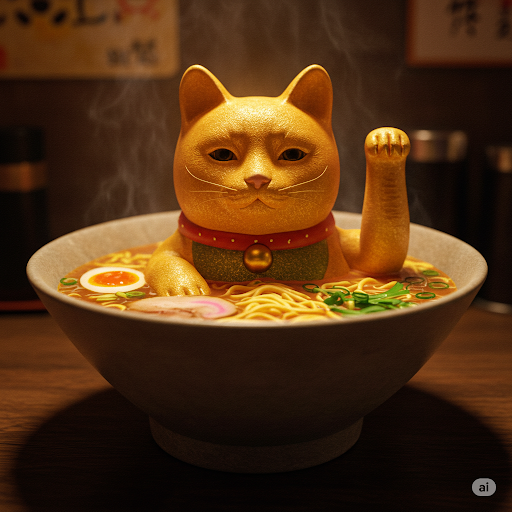
The Feline Food Conundrum: Why Are Cats Such Picky Eaters?
Share
The Feline Food Conundrum: Why Are Cats Such Picky Eaters?
If you share your home with a cat, chances are you’ve experienced the “sniff-and-walk-away” routine. You carefully select a premium kibble, offer a tempting wet food, or even whip up a cat-safe homemade meal, only for your feline friend to take one disdainful sniff and saunter off as if you’ve personally insulted their culinary sensibilities. So, what gives? Why are cats so notoriously picky?
It turns out, there’s a fascinating blend of biology, evolution, and learned behavior behind your cat’s discerning palate.
1. Hardwired Carnivores with Specific Needs
Unlike omnivores (like us humans or dogs), cats are obligate carnivores. This isn't just a preference; it's a fundamental biological necessity. Their bodies are designed to derive all essential nutrients from animal protein. This means:
- No Sweet Tooth: Cats lack the taste receptors for sweetness. Those sugary treats we enjoy? Completely lost on them. Their taste buds are finely tuned for savory, meaty flavors.
- Unique Amino Acid Requirements: Cats need specific amino acids like taurine, which is found almost exclusively in animal tissue. A deficiency in taurine can lead to serious health problems. Their picky nature might be a way of ensuring they get these vital nutrients.
- Fat-Focused: Healthy fats from animal sources are crucial for a cat's energy and overall health. They are naturally drawn to foods with appropriate fat content.
2. A Legacy of the Hunt: Freshness and Instinct
Think about a wild cat. They hunt, kill, and eat their prey immediately. This instills a strong preference for fresh, untainted food.
- Smell is Key: A cat’s sense of smell is incredibly powerful – far more so than ours. They can detect the slightest hint of spoilage or an unfamiliar ingredient. If it doesn't smell "right" (i.e., like fresh prey), they're likely to turn up their nose.
- Texture Matters: The texture of food can be a deal-breaker. Some cats prefer pate, others gravy-laden chunks, and some only dry kibble. This preference might stem from the varied textures of their natural prey.
- Neophobia (Fear of the New): Cats can be wary of new things, including new foods. This is an instinctual survival mechanism – in the wild, an unknown food could be dangerous. Introducing new foods slowly and gradually is often key.
3. Learned Behaviors and Early Experiences
While biology lays the groundwork, a cat's individual eating habits are also shaped by their experiences, particularly during kittenhood.
- Early Exposure: What a kitten eats during its formative weeks can heavily influence its preferences later in life. If they were only fed one type of food, they might be less adventurous with new options.
- Food Associations: A negative experience with a particular food (e.g., getting sick after eating it) can create a lasting aversion. Conversely, positive associations can solidify preferences.
- "Free Feeding" vs. Scheduled Meals: Cats who are "free-fed" (food always available) might become pickier because they know another meal is always coming. Scheduled mealtimes can encourage them to eat what's offered.
- The "Treat" Factor: Over-reliance on treats can spoil a cat’s appetite for their regular meals. If they know a more desirable snack is on the horizon, why bother with dinner?
Navigating the Picky Eater Predicament
So, what’s a devoted cat parent to do?
- Quality Over Quantity: Always opt for high-quality cat food specifically formulated for obligate carnivores.
- Slow Introductions: When changing foods, do so gradually over several days or weeks, mixing small amounts of the new food with the old.
- Offer Variety (Within Reason): While cats can be set in their ways, offering a few different textures or protein sources (if they tolerate it) can broaden their horizons.
- Freshness is Key: Store wet food properly and discard any uneaten portions after a short period.
- Consult Your Vet: If your cat's pickiness is leading to weight loss, lethargy, or other concerning symptoms, a veterinary check-up is always recommended to rule out underlying health issues.
Ultimately, your cat’s pickiness isn’t a personal affront, but rather a complex interplay of their unique biology, evolutionary instincts, and individual experiences. Understanding these factors can help you better cater to their needs and, hopefully, lead to a less frustrating and more satisfying mealtime for both of you.
